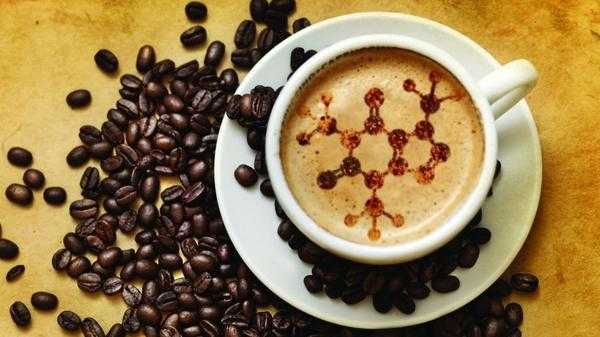SEOUL, South Korea — High-caffeine foods and drinks will be restricted from media ads starting in November, the government said Wednesday, affecting some 2,000 local products often used by teenagers to chase away drowsiness.
The Ministry of Food and Drug Safety said it has put out an advance notice of the measure to start accepting public opinion on Aug. 1. The policy is scheduled to take effect in November, it said.
The aim is to ban or restrict advertisements of foods and beverages with high-caffeine content on television, radio and print media. The measure will cover not only caffeinated drinks, but foods and snacks like ice cream.
The ministry’s recommendation on daily caffeine intake is a maximum 400 milligrams for adults, 300 mg for pregnant women, and 2.5 mg for 1 kilogram of weight for children and teenagers. An ingredient analysis last year by the ministry showed that caffeinated drinks contained 449.1 mg of caffeine per kg.
Processed caffeinated drinks, such as coffee milk and chocolate milk, contained 277 mg/kg. The level of caffeine in such processed drinks was higher than in energy drinks and chocolate, the ministry said.
High school students commonly resort to caffeinated beverages to stay up at night to study, which has long worried health authorities


















